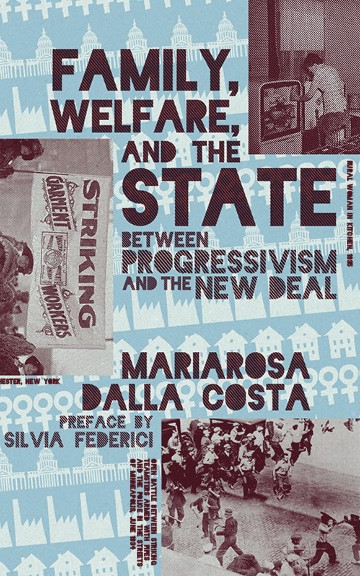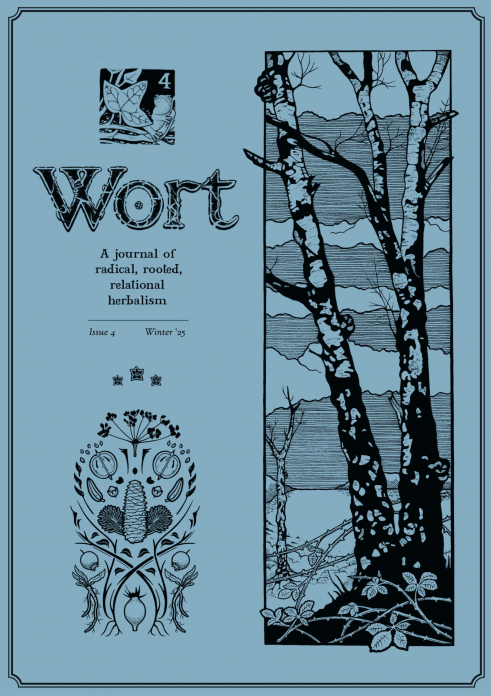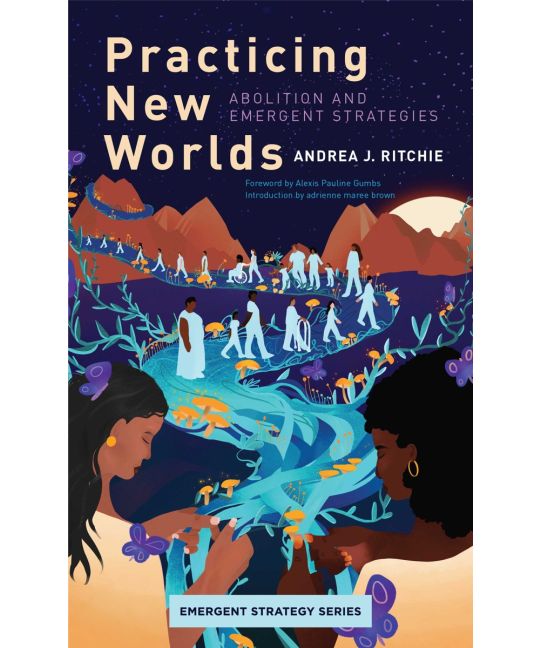Family, welfare and the state
£8.00
Between progressivism and the new deal
Mariarosa Dalla Costa
Common Notions 2015
Description
Twenty years ago, President Clinton signed legislation to end “welfare as we know it.” But did we ever really know it?
Mariarosa Dalla Costa’s Family, Welfare and the State powerfully reminds us that the welfare system can only be understood through the dynamics of resistance and struggle, and women have been at the center of it.
The attack on welfare was and is an attack on our class autonomy, structured to maintain a patriarchal and racist order, drive divisions and disrupt our ability to collectively refuse capital’s exploitation and the state’s discipline.
Dalla Costa reflects on the history of struggles around the New Deal in which workers’ initiatives forced a new relationship with the state on the terrain of social reproduction. Were the New Deal and the institutions of the welfare state the saviors of the working class, or were they the destroyers of its self-reproducing capacity?
Family, Welfare and the State offers a comprehensive reading of the welfare system through the dynamics of women’s resistance and class struggle, their willingness and reluctance to work inside and outside the home, and the relationship with the relief structures that women expressed in the United States during the Great Depression.
Revisiting the origins of this system today on a sociopolitical level—its policies governing race, class, and family relations, especially in terms of the role that was delegated to women’s labor power—remains vital for a deeper understanding of the historical and ongoing relationship between women and the state, crisis and resistance, and possibilities for class autonomy.
“Dalla Costa shows that with the New Deal, the state began to plan the ‘social factory’—that is, the home, the family, the school, and above all women’s labor, on which the productivity and pacification of industrial relations was made to rest. Family, Welfare and the State leaves no doubt that the New Deal was not only the last resort to ‘save capitalism’ from the danger of working class revolution, but was also in essence a productivity deal that was structured to maintain a patriarchal and racist order.”
— Silvia Federici, from the Preface
MARIAROSA DALLA COSTA is an influential feminist author and activist, whose seminal book The Power of Women and the Subversion of the Community, coauthored with Selma James, has been translated into six languages. For decades, Dalla Costa has been a central figure in the development of autonomist thought in a wide range of anticapitalist movements.
She wrote Family, Welfare and the State in the ten years following the publication of The Power of Women and the Subversion of Community (1972) and the international organizing efforts of the Wages for Housework Campaign.
Additional information
| Weight | 0.180000 kg |
|---|





